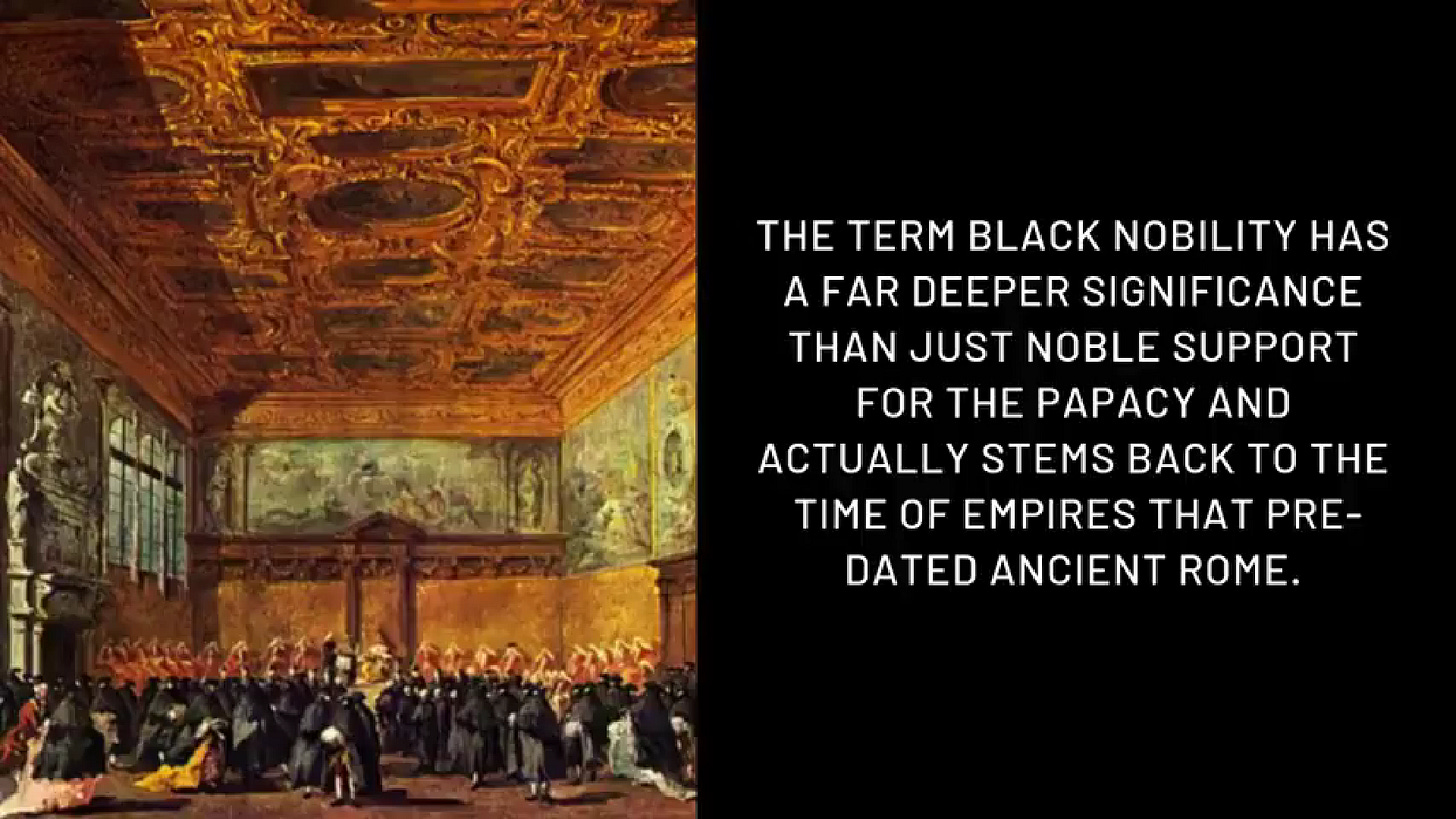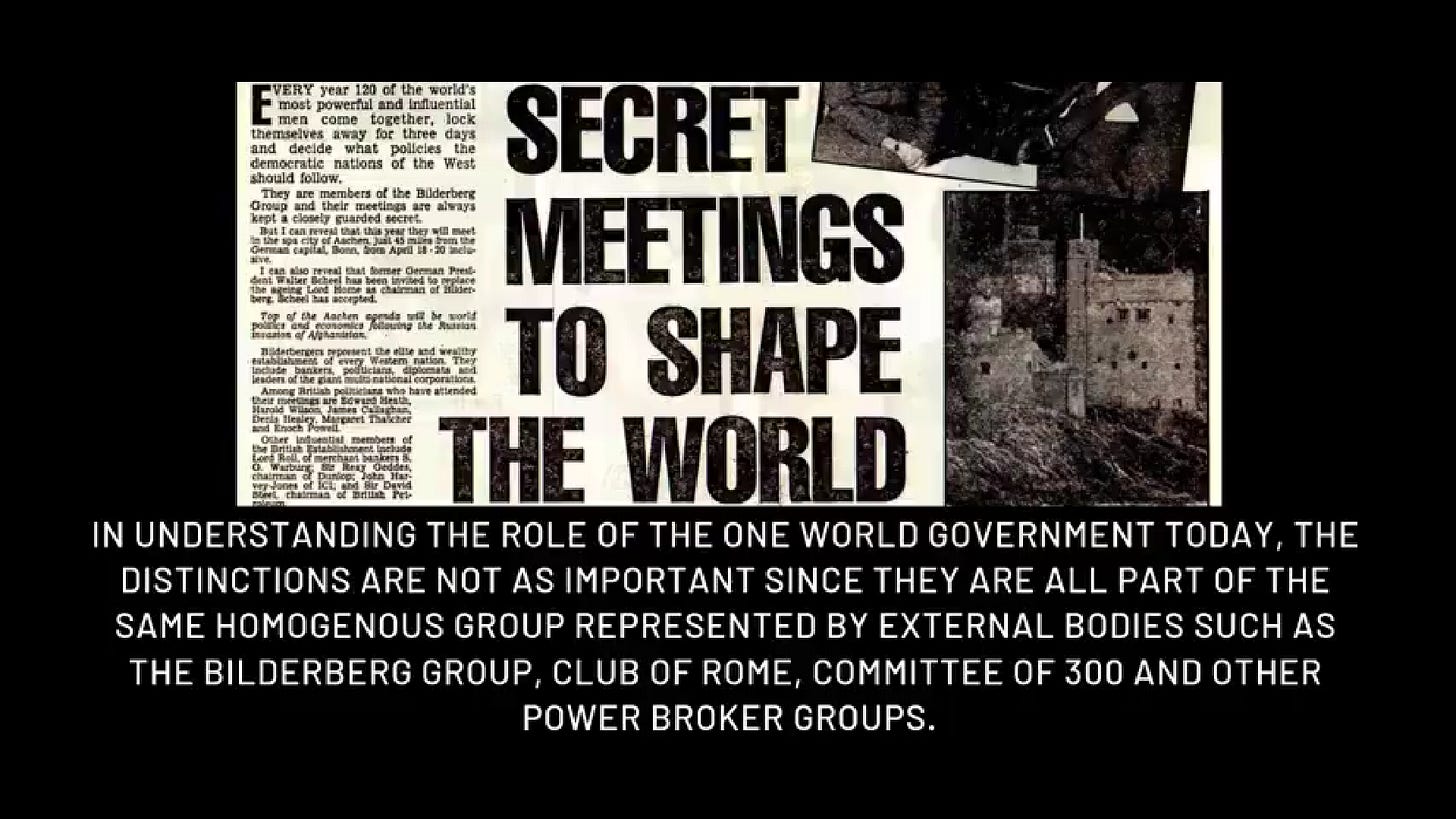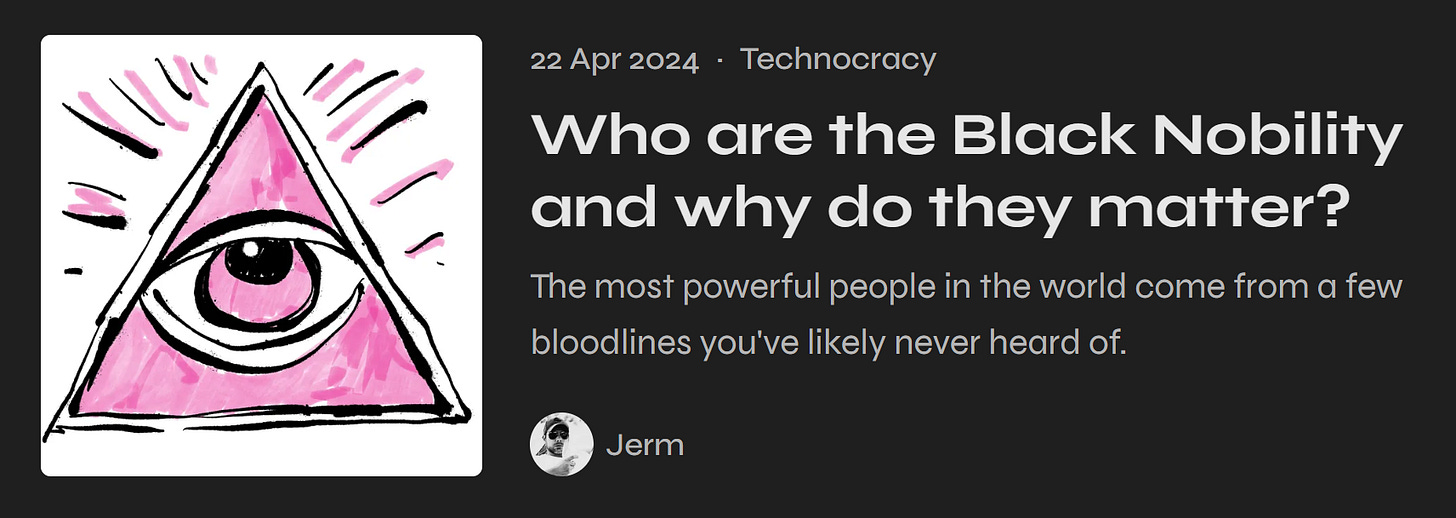THE ART OF REBRANDING TERRORISM
This world is ruled by a criminal syndicate of rebranded terrorists.
Rebranding is a powerful strategic tool that can rejuvenate any entity, capture new interests and drive positive growth. However, it is not without its challenges and risks. The art of rebranding requires careful consideration of the pros and cons, thorough market research, strategic planning, and effective communication.
A timely rebrand can also mislead the public and even bury an unpleasant history allowing a fresh face to be presented unburdened by a sullied reputation.
Successful rebranding initiatives involve aligning a new identity with an evolving mindscape, exploiting preferences, and promoting positive values of the brand.
Ultimately, rebranding is a strategic investment of energy rather than a quick fix. By approaching the process with a clear understanding of the long term goals, any organisation can successfully unlock new opportunities for growth and success.
Recent terrorist rebranding has been embraced by governments and the media with barely a whimper of objection, leaving the public confused.
Terrorist organisations have repeatedly engaged in rebranding to further their ideological and tactical goals, often aiming to distance themselves from negative historical associations or to gain broader public support.
Here are notable examples:
Hayat Tahrir al-Sham (HTS):
This group, which is an affiliate of al-Qaeda in Syria, has undergone multiple rebranding efforts. It was previously known as Jabhat al-Nusra, a name used to appear as a mainstream rebel group fighting in the Syrian civil war. Later, it rebranded as Jabhat Fateh al-Sham (JFS) to further distance itself from al-Qaeda and gain local support. Finally, it merged with other groups to become Hayat Tahrir al-Sham, a move aimed at consolidating power and improving its public image while still maintaining ties to al-Qaeda. These head-choppers went from capsicum fuelled butchery to deceptive Armani suits literally overnight and were welcomed by NATO countries who immediately relaxed stringent sanctions that had previously crippled Syria’s economy, thus revealing who had supported them from the very beginning.
Islamic State (IS):
Originally known as al-Qaeda in Iraq, the group rebranded itself as the Islamic State in Iraq, then as ISIS (Islamic State of Iraq and al-Sham), and finally as simply the Islamic State. These changes were strategic, aiming to broaden its appeal and legitimise its claim to leadership in the global jihadist movement. Some commenters have suggested a strong link between this organisation and the Israeli Secret Services.
AQIM (Al-Qaeda in the Islamic Maghreb):
Formed in 1998 under the name GSPC (Salafist Group for Preaching and Combat), it rebranded itself as AQIM in September 2006. This change was intended to align more directly with al-Qaeda’s global brand and expand its influence beyond Algeria into the broader Sahel region.
Al-Shabaab:
Officially known as Harakat Shabaab al-Mujahidin (HSM), it has also been referred to by various names such as al-Shabab, Shabaab, and Mujahidin Youth Movement. These alternative names reflect efforts to maintain a youthful and dynamic image while promoting its jihadist agenda in Somalia and the broader Horn of Africa.
All rebranding efforts are not merely cosmetic; they are strategic moves designed to influence public perception, attract recruits and to evade counter-terrorism measures. There is a very long history to rebranding of terrorist organisations.
What is the definition of terrorism?
Terrorism is generally defined as the use of violence against non-combatants to achieve political or ideological aims. The term is often associated with intentional violence during peacetime or in the context of war against non-combatants. Modern terrorism employs various tactics to pursue political goals, often leveraging fear as a strategic tool to influence decision makers.
Different definitions of terrorism emphasise its randomness, its aim to instil fear, and its broader impact beyond its immediate victims.
NOTE: The term "terrorism" itself was originally used to describe the actions of the Jacobin Club during the "Reign of Terror" in the French Revolution.
No definition of terrorism has gained universal agreement. Challenges emerge due to the politically and emotionally charged nature of the term, the double standards used in applying it, and disagreement over the nature of terrorist acts and limits of the right to self-determination.
The FBI defines terrorism, domestic or international, as the unlawful use of force or violence against persons or property to intimidate or coerce a Government or civilian population in furtherance of political or social objectives. The Global Terrorism Database (GTD) defines terrorist attacks as the threatened or actual use of illegal force and violence by a non-state actor to attain a political, economic, religious, or social goal through fear, coercion, or intimidation.
It fails to mention that force and violence are frequently used by authorities and governments.
In international law, terrorism is often defined as the unlawful use of force or violence against persons or property to intimidate or coerce a Government or civilian population in furtherance of political or social objectives.
The United Nations has struggled to provide a definition that is accepted by all nations.
Despite the near-universal condemnation of 'terrorism,' the international community has repeatedly failed to define it as a legal category since the 1920s. The challenge is ultimately not technical but political, as some states emphasise condemning state violence, while others focus on non-state violence.
The term "terrorism" gained renewed currency in the 1970s as a result of various conflicts and groups, including Gladio, the Palestine Liberation Organization (PLO), the Irish Republican Army (IRA), and the Basque separatist group, ETA.
Terrorism is also defined as the deliberate creation and exploitation of fear through violence or the threat of violence in the pursuit of political change.
It is specifically designed to have far-reaching psychological effects beyond the immediate victim(s) or object of the terrorist attack.
We can, therefore, identify terrorism and its progressive rebranding throughout known history. We could consider it a perpetual weapon that has been used by every empire building society.
In very recent news, we hear that the British government has ‘proscribed’ a small organisation called Palestine Action as terrorist.
This decision was made official on 5 July 2025, following a vote in Parliament on 2 July 2025, where the House of Commons approved the move with a significant majority. The proscription means that membership of, or support for, Palestine Action is now a criminal offense under the UK's Terrorism Act 2000, with penalties of up to 14 years in prison for membership or inviting support, and up to 6 months in prison for displaying supporting items.
The decision to proscribe the group came after several high-profile incidents, including the breaching of security at the Royal Air Force base in Brize Norton, where activists allegedly caused around £7 million worth of damage by vandalising two RAF Airbus A330 MRTT refueling planes. The group has been known for its direct action tactics, targeting companies in Britain with links to Israel, particularly Elbit Systems, an Israeli ‘defence’ firm.
Palestine Action has challenged the decision in court, arguing that the proscription is an "abuse of power" and that the group's actions, while disruptive, are non-violent and aimed at ending what they describe as Israeli apartheid. A judicial review is scheduled for 21 July 2025, but an attempt to obtain interim relief to suspend the ban until then was denied by the High Court.
Civil liberties groups and some members of the public have criticised the ban, arguing that it conflates protest with terrorism and could have a chilling effect on free speech and the right to protest. Despite these concerns, the government maintains that the use of direct action involving criminal damage and disruption is not a legitimate form of protest and poses a threat to national security.
If the empire itself employs and supports terrorist tactics then what right does it have to ‘proscribe’ resistance organisations as terrorist?
AND
What is to stop us rebranding? It seems to be normal behaviour in the empire!

WILL THE REAL TERRORISTS PLEASE STAND UP?
—0—
To support my claim (in the headline of this article) that this world is ruled by a criminal syndicate of rebranded terrorists I refer you to the following links:
Close to the end of that particular article are links to two very useful short videos which you may find valuable when conveying this information to family and friends.
The first part is entitled The Black Nobility, The Venetian Mafia - Part 1
The second part is entitled The Venetian Mafia, Rise of the Rothschilds
Further reading:
If you prefer to listen to podcasts you can find me discussing the Black Nobility with Jerm Warfare here:
https://rss.com/podcasts/jerm-warfare-2025/1983779/
If you appreciate my research but cannot commit to a paid subscription you could buy me a coffee at: https://www.buymeacoffee.com/FrancesLeader
Please note that all my work is entirely free to read and will never be hidden behind a paywall. My lovely paying subscribers contribute knowing this to be true and I would like to take this opportunity to thank them very much for their ongoing support.
The important thing is sharing this educational information on social media, especially on X and Facebook and Discord where I am permanently excluded because my work upsets the totalitarians.









Excellent work. The most effective terrorists by far are the central governments, their intelligence agencies, tax offices and departments of public health. A few car attacks here and there, a bomb or two, or a knife crime pale in comparison to the massive fear campaigns run every day everywhere by the media, Big Pharma and politicians.
I suppose the IRS and HHS in US can fall under the terrorist definition